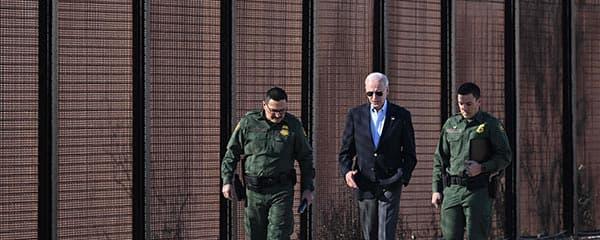One year before the NATO treaty was signed on April 4, 1949, 澳门六合彩官方网址 found 65% of Americans in favor of a mutual defense pact in which "the United States and all the Western European countries participating in the Marshall Plan should join together in a permanent military alliance." This included 68% of Democrats, 66% of Republicans and 57% of independents.
| Apr 23-28, 1948% | |||||||||||||||||||||||||||||||||||||||||||||||||||||||||||||||||||||||||||||||||||||||||||||||||||
|---|---|---|---|---|---|---|---|---|---|---|---|---|---|---|---|---|---|---|---|---|---|---|---|---|---|---|---|---|---|---|---|---|---|---|---|---|---|---|---|---|---|---|---|---|---|---|---|---|---|---|---|---|---|---|---|---|---|---|---|---|---|---|---|---|---|---|---|---|---|---|---|---|---|---|---|---|---|---|---|---|---|---|---|---|---|---|---|---|---|---|---|---|---|---|---|---|---|---|---|
| Yes | 65 | ||||||||||||||||||||||||||||||||||||||||||||||||||||||||||||||||||||||||||||||||||||||||||||||||||
| No | 21 | ||||||||||||||||||||||||||||||||||||||||||||||||||||||||||||||||||||||||||||||||||||||||||||||||||
| No opinion | 14 | ||||||||||||||||||||||||||||||||||||||||||||||||||||||||||||||||||||||||||||||||||||||||||||||||||
| 澳门六合彩官方网址 | |||||||||||||||||||||||||||||||||||||||||||||||||||||||||||||||||||||||||||||||||||||||||||||||||||
At the conclusion of World War II, U.S. Secretary of State George C. Marshall determined the U.S. needed to fund the reconstruction of an economically struggling Europe to help it resist the growing influence of the communist Soviet Union. As soon as President Harry Truman signed the bill to do this -- popularly known as the Marshall Plan -- on April 3, 1948, momentum started building for the U.S. to provide Europe with military protection as well; hence, the April 1948 澳门六合彩官方网址 poll asking about a NATO-type pact.
In describing the uniformity of party support for a U.S.-Western European military alliance in that poll, Dr. George 澳门六合彩官方网址 wrote, "Politically speaking, isolationism has disappeared as far as mutual treaties against aggression are concerned."
These data can be found in .
Read more from the 澳门六合彩官方网址 Vault.



